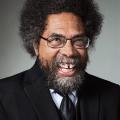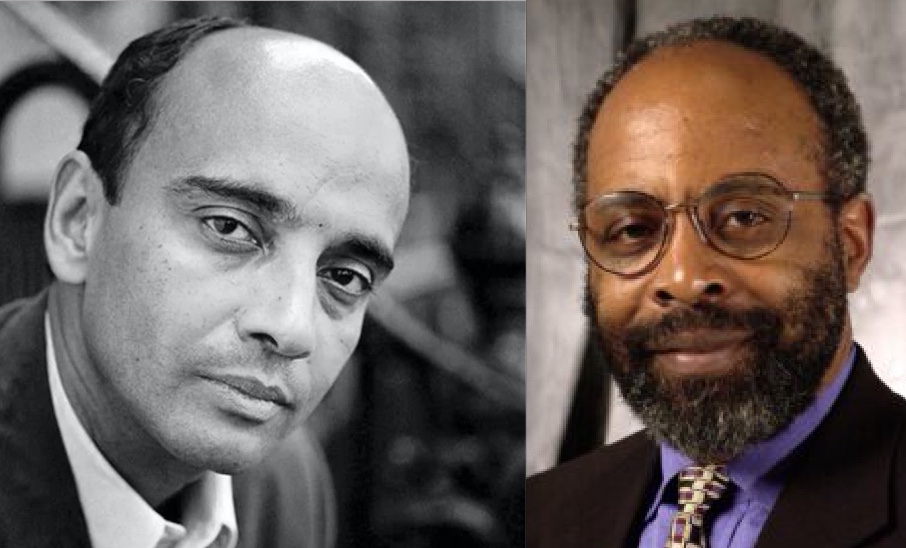141. Job Openings: the Rise of Africana Professional Philosophy
The key events and figures in philosophy as an academic discipline, in both Africa and the diaspora, from the 1970s to the 1990s.
Themes:
• K.A. Appiah, In My Father's House: Africa in the Philosophy of Culture (New York: 1992).
• E.C. Eze (ed.), African Philosophy. An Anthology (Oxford: 1998).
• L.R. Gordon (ed.), Existence in Black: An Anthology of Black Existential Philosophy (New York: 1997).
• L.R. Gordon, Existentia Africana: Understanding Africana Existential Thought (New York: 2000).
• L. Harris, Philosophy Born of Struggle: Anthology of Afro-American Philosophy from 1917 (Dubuque: 1983).
• P. Henry, Caliban's Reason: Introducing Afro-Caribbean Philosophy (New York: 2000).
• J. McDade (ed.), The Philosophical Forum: Special Issue: Philosophy and Black Experience 9 (Winter-Spring 1977-1978).
• C.W. Mills, Blackness Visible: Essays on Philosophy and Race (Ithaca: 1998).
• A. Mosley (ed.), African Philosophy: Selected Readings (Englewood Cliffs: 1995).
• L.T. Outlaw, Jr., On Race and Philosophy (New York: 1996).
• G. Yancy (ed.), African-American Philosophers: 17 Conversations (New York: 1998).






Comments
Thanks
Thanks for a wonderful series. It has truely filled some major gaps in my understanding of the history of philosophy. I wonder if in the final episode if you will return to the definition of Africana philosophy and its relationhip to Euro American thought? In the first episode you mentioned Augustine and Plotinus but I am also thinking of more contemporary Francophone philosophers such as Derrida, Foucualt, and Camus who have a significant connections to Africa and perhaps Africana thought.
In reply to Thanks by Connell
Final episode
We actually just recorded it and I'm afraid that didn't come up! We did already touch on that to some extent though, like the Wynter episode talks about Foucault's influence on her and of course we said a lot about existentialism.
In reply to Final episode by Peter Adamson
French Algerians
I understand the point on Derrida and Camus' African connections, but rather than "Africana", would it still make sense to read them in their traditional Continental label? We run into even bigger challenges, for instance, when covering someone like, say, Gayatri Spivak or Amartya Sen, both of whom have been working in the West rather than in India. Would subaltern studies (which I consider a philosophically significant movement in historiography), for instance, be "Western" or "Indian", if it began in the UK, pioneered by Indian/South Asian diaspora scholars? Similarly, Sen's work (intellectually) is in analytical philosophy, even if he draws on classical Indian thought in some works. Also in colonial India were the Theosophists, whose operations played an important part in disseminating classical Indian thought to the West, and J. Krishnamurti, who was associated (but eventually rejected) the Theosophist system soon moved to the US, and was never associated with academia (even as he established alternative schools, and was a contemporary of, say, Bimal Matilal, who again must be covered in 20th century India). For such cases, I think the best option is to focus on the nuance, whichever series they are covered in?
Add new comment